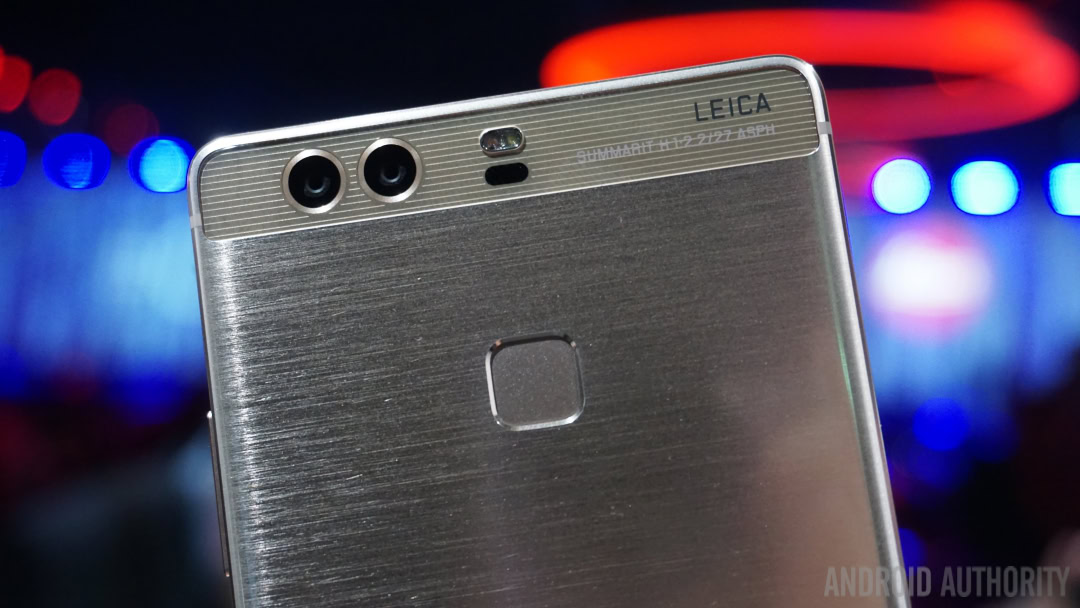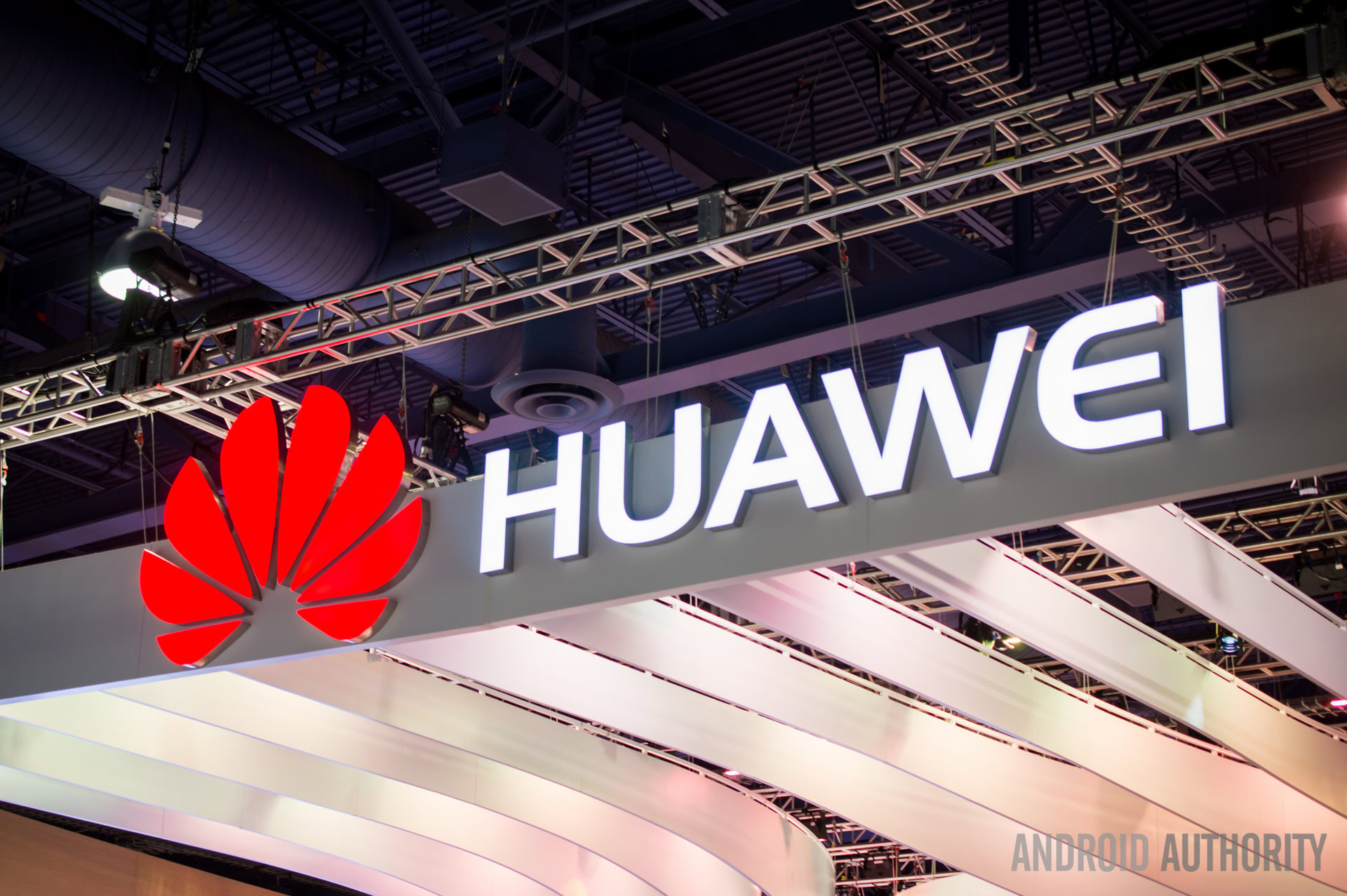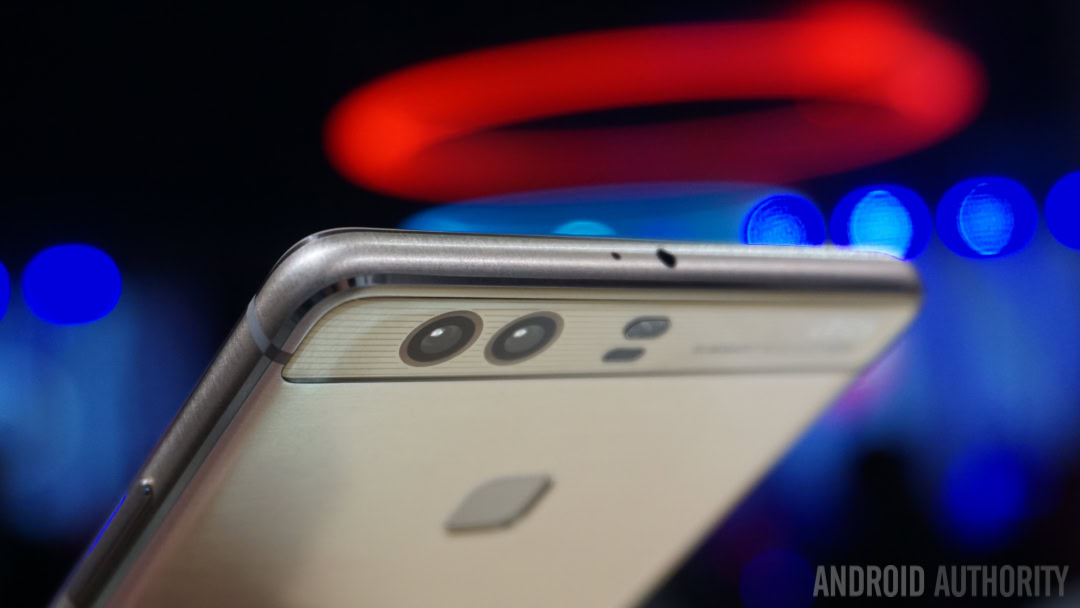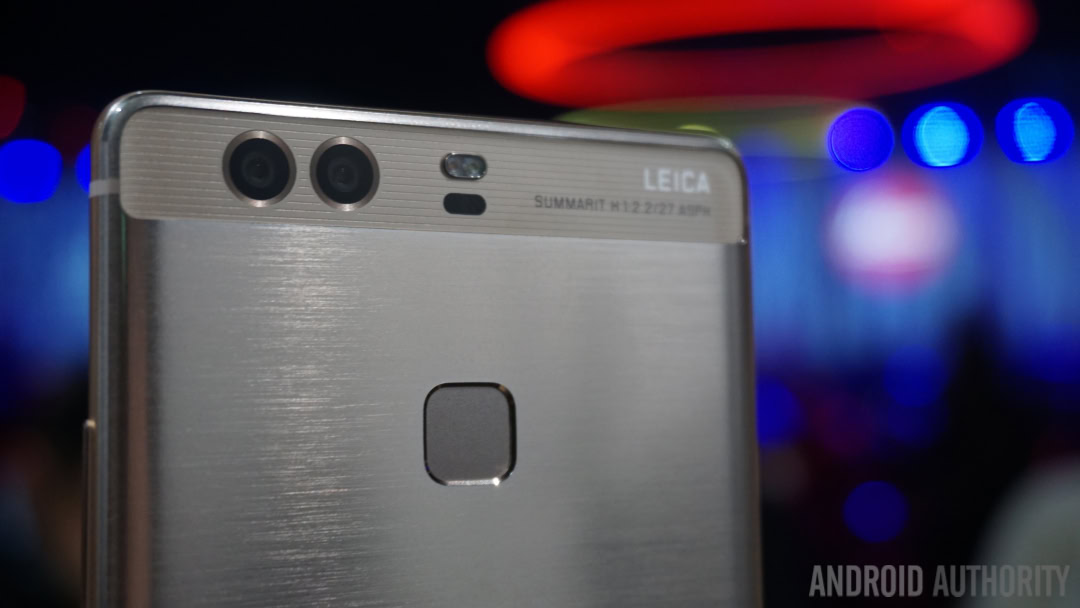Affiliate links on Android Authority may earn us a commission. Learn more.
Apparently the HUAWEI P9 camera isn't as "Leica-engineered" as we were told (Update: HUAWEI clarifies)
Published onApril 20, 2016

Update, April 20: HUAWEI has since dismissed all rumors suggesting this camera was only “certified” by Leica, reasserting that it was in fact co-engineered and that “Leica has absolutely been involved in the development of the camera-module of the P9 and P9 Plus.” Here’s the official statement:
The P9 and P9 Plus were co-engineered between HUAWEI and Leica. This is the first collaboration between the two companies following a long-term partnership that was announced in February. From the very beginning, Leica has been deeply involved in the development of these devices. There has been significant technological collaboration between HUAWEI and Leica around many aspects of the camera, including optical design, imaging quality, image data processing, optimization, and the mechanical construction of the camera module to the graphic user interface. The devices meet Leica’s highest imaging quality standards.
In other words, HUAWEI clarifies that Leica was not only involved in engineering the camera’s design, but also data processing, optimization, and more.
Original post, April 19: When HUAWEI announced the HUAWEI P9 with its unique dual-camera made in partnership with Leica, there was a lot of justifiable interest. Leica’s name carries a lot of weight in the photography world and putting a Leica camera on a smartphone was a big deal. It’s just that Leica perhaps didn’t have as much to do with the HUAWEI P9’s camera as we were led to believe.

HUAWEI announced the P9 with a camera “co-engineered” with Leica. The German optics maker was given very prominent branding and stage-time at the launch event, to the extent that the other parts of the phone barely warranted a mention. But new claims say that the camera wasn’t actually made by Leica or even designed by Leica, but was instead just “certified by Leica”.

Mydrivers noted that the HUAWEI P9 camera was actually made by a Chinese company called Sunny Optical Technology. So far so standard. Many branded smartphone components are made by other companies. This is how Samsung, for example, ends up making Qualcomm’s Snapdragon 820 in its foundries: a company designs a product and gets another company to manufacture it. But this isn’t what happened with the HUAWEI P9 camera.
As Übergizmo later reported: “the Leica name on the back of the phone is simply just branding. It has recently been discovered and subsequently confirmed by HUAWEI that the the P9’s camera module had simply been certified by Leica, and that the German camera maker had no hand in developing or producing the camera or its optics.”

Now, this isn’t to say that the HUAWEI P9 has a bad camera. On the contrary, it is pretty darn great, and Sunny Optical is the world’s largest manufacturer of smartphone camera module components. But to make such a fuss about its “co-engineered” status does seem a little disingenuous. We’ve reached out to HUAWEI for further clarification on Leica’s involvement in the design and manufacturing process and will add any official comment to this story. Keep in mind that until HUAWEI confirms it, we can’t say for sure if Übergizmo‘s claims that the camera is merely “certified” are accurate.
At least according to this report, Leica did have a hand in co-engineering the “picture quality algorithm” used in the P9 camera software, but at this stage it sounds like Leica’s contribution to the P9’s hardware may have been more of a licensing and branding exercise than physical design and engineering. As always, it’s up to the individual consumer to decide if this is the natural state of business or they’ve been misled in some way.